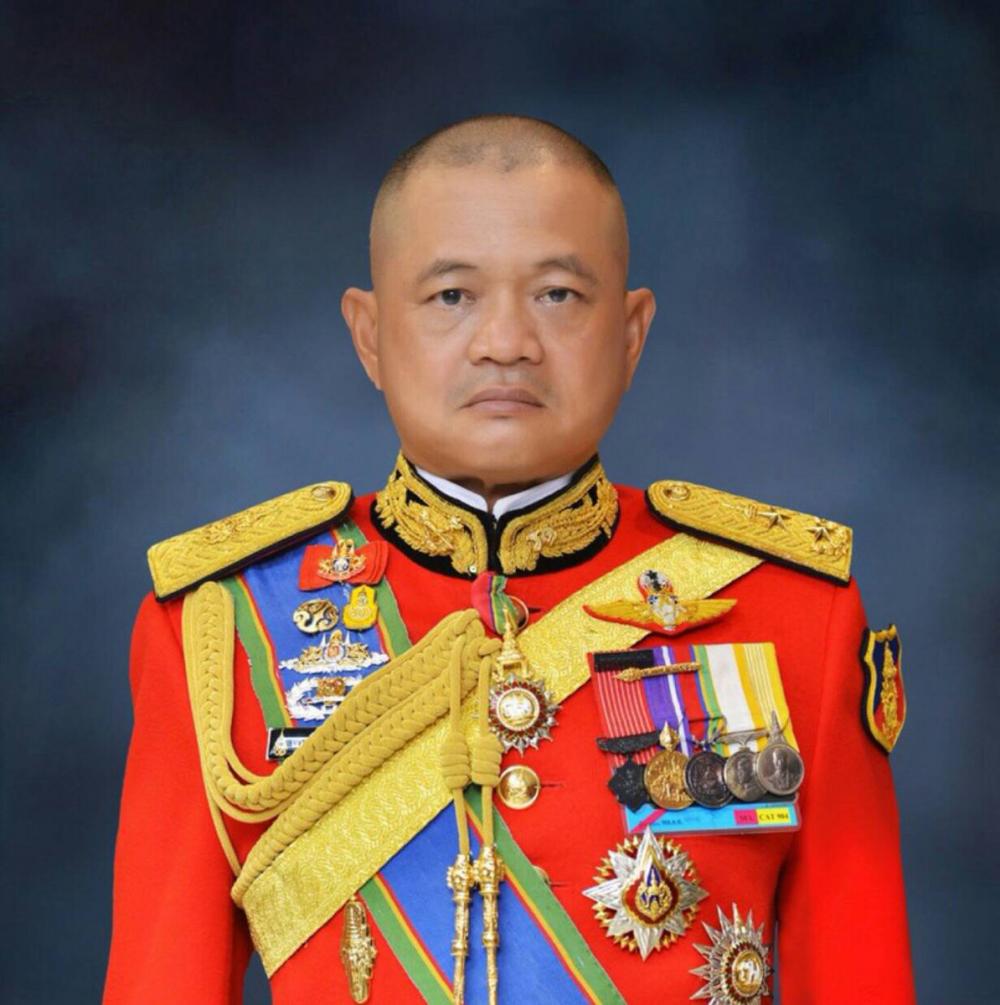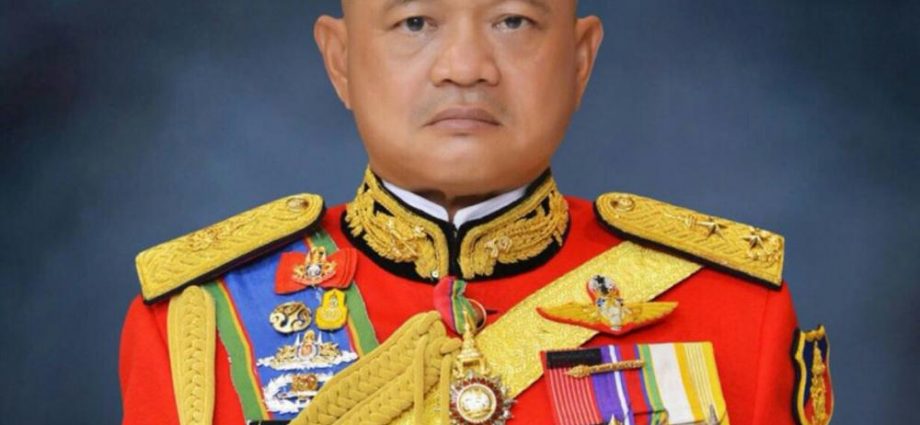Pundits say ruffled military still a risk
Academics agree it will be difficult for coups to take place in the country from now on but they have not ruled them out, especially under extreme conditions such as political violence.
They discussed the prospects of another one occurring if Prime Minister Prayut Chan-o-cha, who is seen to represent the conservative group, fails to return to power after the next election and the Pheu Thai Party succeeds in forming a government.
Gen Prayut previously vowed there would be no more coups, saying the 2014 putsch would never be repeated, in an attempt to allay fears heading closer to the general election.
He was responding to a question regarding remarks posted by Deputy Prime Minister Prawit Wongsuwon on Facebook on Wednesday.
In the post, Gen Prawit, who is the ruling Palang Pracharath Party (PPRP) prime ministerial candidate, said: “I have become aware that those who support coups never cease to exist in the power structure.”
“I look at the situation as a whole with an understanding of why those who wield influence and dictate the direction of the country think and work together as such,” he added.
Wanwichit Boonprong, a political science lecturer at Rangsit University, told the Bangkok Post on Friday that if Gen Prayut’s political rivals rise to power after the election and they leave the military alone, particularly over the appointment of its top brass, the military will have no excuse to stage a coup by citing political interference.
“Another coup is possible if the potential candidate for the post of army chief, who has the backing of Gen Prayut and Gen Prawit fails to secure the post. But if the army is left alone, the military will have no excuse,” Mr Wanwichit said.
“Those who hold staunch conservative views believe that a coup is a correct solution to a political crisis. This way of thinking is now irrelevant to politics in a contemporary context. The global community and the public find it hard to accept this kind of political change.”
Mr Wanwichit further said the incumbent army chief Gen Narongphan Jitkaewtae, who will retire on Sept 30, is expected to burnish the army’s public image by ensuring it maintains political neutrality in the build-up to the general election expected on May 7.

Narongphan: Eye on political neutrality
However, Olarn Thinbangtieo, a political science lecturer at Burapha University, said he believed the armed forces would not be politically neutral.
But who the military will support in the upcoming election between Gen Prayut and Gen Prawit depends on their bargaining power as well as the clout they wield over the military, Mr Olarn said.
Gen Prayut is the chief strategist of the United Thai Nation Party (UTN), while Gen Prawit is the PPRP leader.
Asked whether another coup could take place if Pheu Thai rises to power and forms a government after the next poll, Mr Olarn said it could not be ruled out.
“It will be difficult because in the eight years since the last coup, people have grown more politically mature.
“If the armed forces decide to stage a coup [if] Pheu Thai forms a government, their reputation would be in tatters,” he said.
However, Mr Olarn noted a number of excuses cited by the military to stage a coup, including matters related to the monarchy, political unrest getting out of hand, and complaints about vote-buying and poll fraud.
Wisut Chai-narun, a Pheu Thai MP for Phayao, said any coup would be a step back. “The country has now advanced this far. It should not be taken back into a black hole again.”
Meanwhile, army chief Gen Narongphan on Tuesday issued guidelines for the army’s military units and personnel to stay politically neutral ahead of the general election.
According to the army’s statement, its units are advised not to use army vehicles for election campaigns or use the premises of army units as polling stations.

